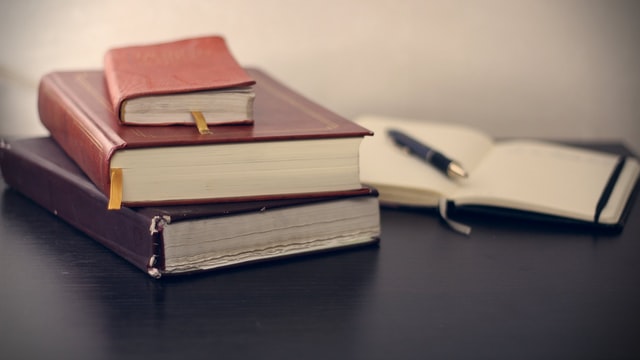Yes, you can write your own
Will in the UK, but if the Will is not straightforward, you
should get legal advice.
If you write your own Will, you may not be aware of how to correctly and legally protect your assets.
Looking for advice from professionals is a good idea with such an important document.
Why is it important to make a Will?
Having a valid and adequately written Will that reflects your particular needs is essential for several reasons:
- If you die without a Will, your estate will be distributed according to the Rules of Intestacy, which may be different from what you would’ve wanted.
- Making a Will may reduce any Inheritance Tax due depending on the provisions of your Will.
- If you are unmarried or not in a civil partnership it may be even more important to have a Will since you cannot inherit from your partner unless there is a valid Will in place.
- You can make suitable arrangements for your children according to your wishes.

Are DIY Wills legal?
If done correctly, a homemade Will can be legally binding. However, you must be aware of the requirements and formalities as set out in the
Wills Act 1837 when making a DIY Will.
The Act says that a Will must:
● Be signed by yourself; and
● Be executed appropriately - which means that the document was signed and witnessed by two adult independent witnesses present at the time that you sign the document.
The downside of making a homemade Will is that its validity won’t be put to the test until you die, and then, it’s too late to fix it.
You may use the wrong wording, resulting in your instructions not being correctly followed through or your Will being invalid.
How do I write a Will from home in the UK?
If you decide that writing a Will from home suits your needs, ensure that you cover these points:
- Make sure you and your two witnesses are in the same room together when the Will is signed by you.
- Ensure the date is correct.
- Carefully check your spelling – be extra careful with spelling people’s names.
- Decide how you want to divide your estate and be as specific as possible. Write people’s full names. For example, don’t just leave the country house to ‘my husband’ – use your husband’s full name.
- If you are leaving gifts to a charity, ensure you include the full legal name of the registered charity.
- The beginning of the Will should state that it revokes all others. So, if you have an earlier Will, you should destroy it.
- Choose an Executor and tell them where the Will is to be kept. They could be a solicitor or a family member.
If you need help drafting a Will and would like further advice, please do not hesitate to contact us for more information.